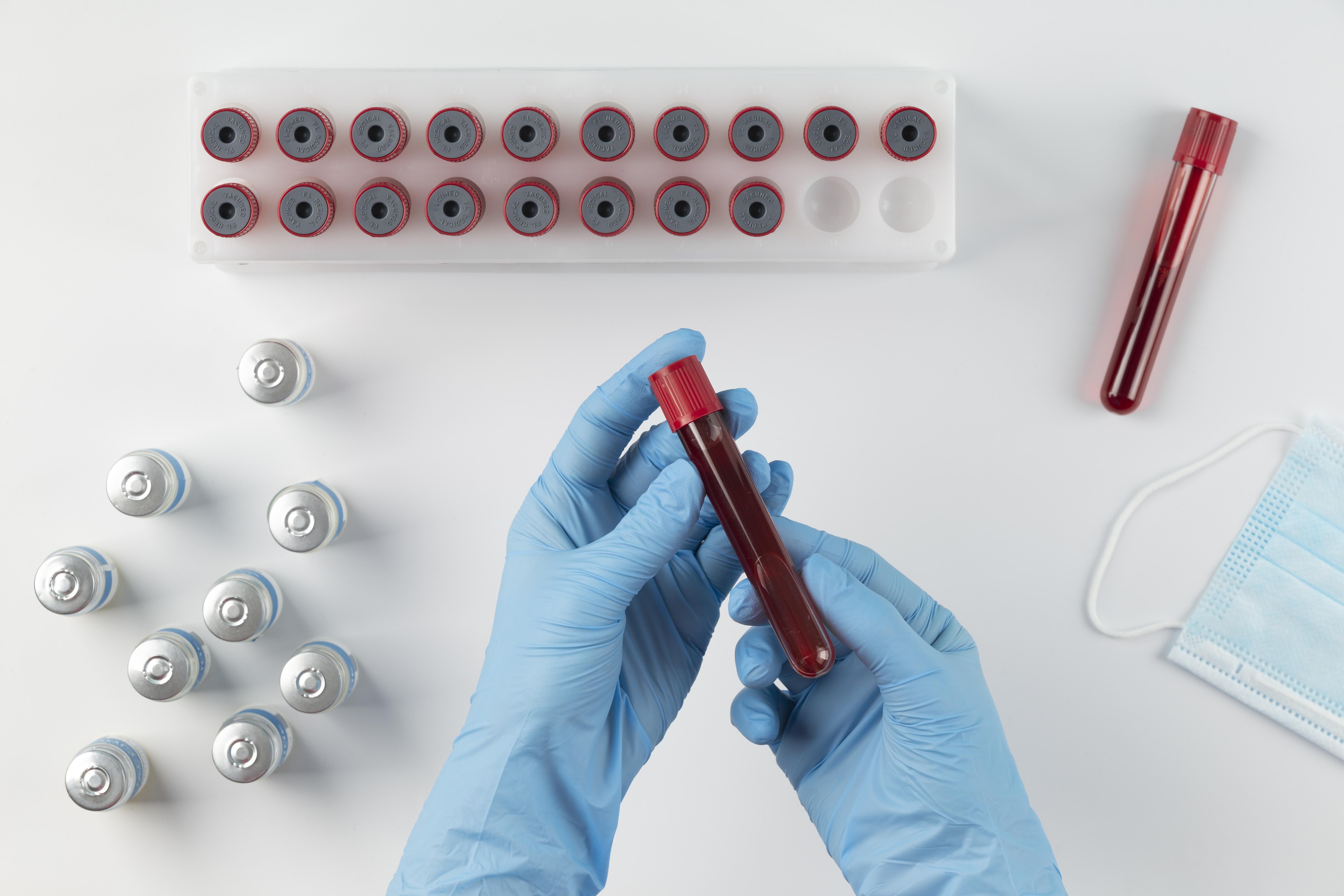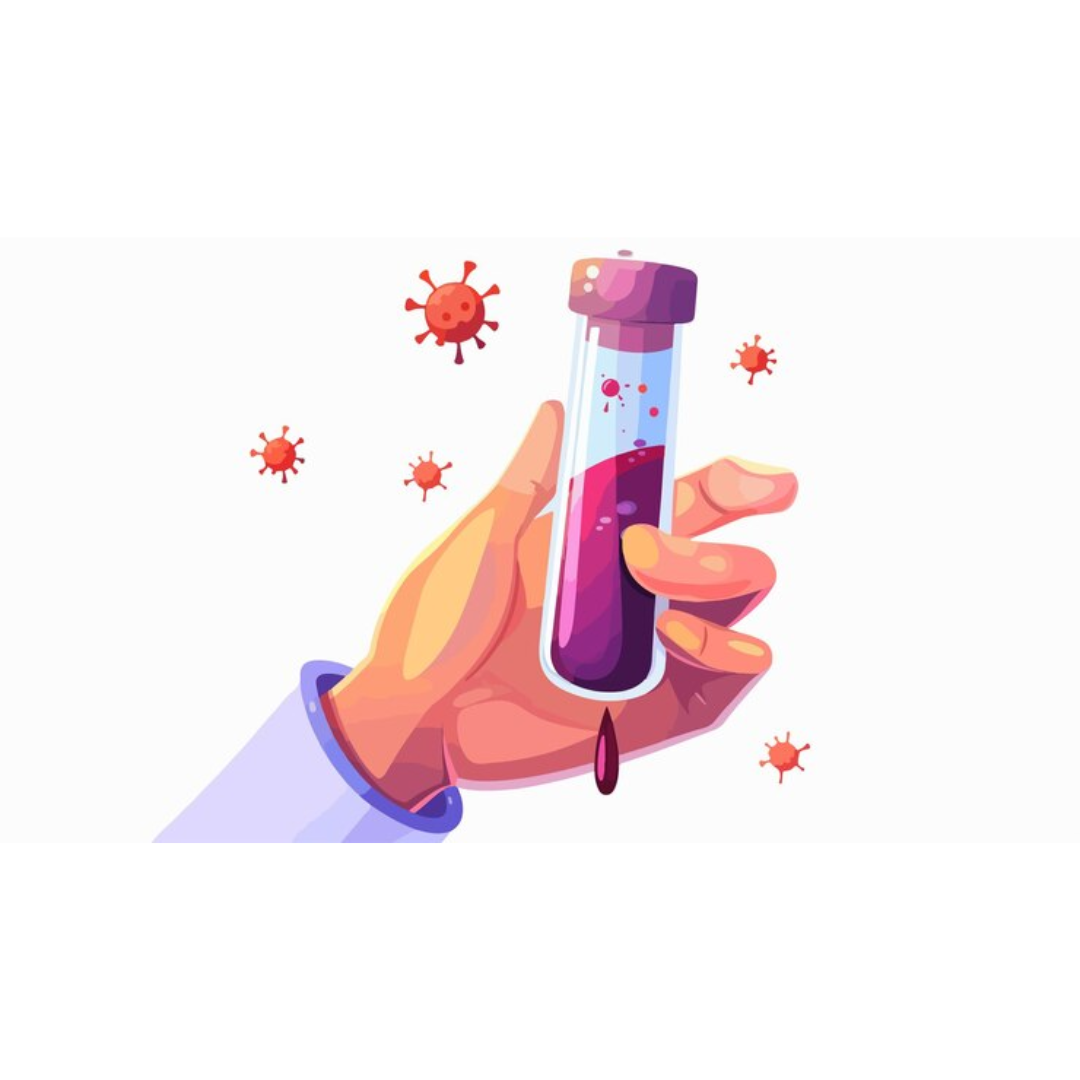🩸 10 Home Remedies & Supportive Care for Blood Health (Hematology)
Iron-Rich Foods – For anemia, include spinach, beetroot, legumes, red meat, and fortified cereals.
Vitamin C Boost – Oranges, amla, and lemon enhance iron absorption, crucial for hemoglobin levels.
Hydration – Adequate water improves blood viscosity and circulation.
Folate-Rich Diet – Beans, peas, avocado, and green leafy vegetables help in red blood cell production.
Avoid Excessive Tea/Coffee – Tannins reduce iron absorption. Replace with herbal teas.
Omega-3 Sources – Flaxseeds, walnuts, and fish support healthy circulation and reduce clotting risks.
Garlic & Turmeric – Natural anti-inflammatory and mild blood-thinning properties.
Dates & Raisins – Natural sources of iron and energy for fatigue from anemia.
Pomegranate & Beet Juice – Improve hemoglobin levels naturally.
Regular Mild Exercise – Walking or yoga boosts circulation, oxygenation, and overall blood health.
#HematologyCare #BloodHealth #HomeRemedies #AnemiaCare #HealthyBlood #HematologistTips #NutritionAndBlood #PatientAwareness #DseideHealthcare
Iron-Rich Foods – For anemia, include spinach, beetroot, legumes, red meat, and fortified cereals.
Vitamin C Boost – Oranges, amla, and lemon enhance iron absorption, crucial for hemoglobin levels.
Hydration – Adequate water improves blood viscosity and circulation.
Folate-Rich Diet – Beans, peas, avocado, and green leafy vegetables help in red blood cell production.
Avoid Excessive Tea/Coffee – Tannins reduce iron absorption. Replace with herbal teas.
Omega-3 Sources – Flaxseeds, walnuts, and fish support healthy circulation and reduce clotting risks.
Garlic & Turmeric – Natural anti-inflammatory and mild blood-thinning properties.
Dates & Raisins – Natural sources of iron and energy for fatigue from anemia.
Pomegranate & Beet Juice – Improve hemoglobin levels naturally.
Regular Mild Exercise – Walking or yoga boosts circulation, oxygenation, and overall blood health.
#HematologyCare #BloodHealth #HomeRemedies #AnemiaCare #HealthyBlood #HematologistTips #NutritionAndBlood #PatientAwareness #DseideHealthcare
🩸 10 Home Remedies & Supportive Care for Blood Health (Hematology)
Iron-Rich Foods – For anemia, include spinach, beetroot, legumes, red meat, and fortified cereals.
Vitamin C Boost – Oranges, amla, and lemon enhance iron absorption, crucial for hemoglobin levels.
Hydration – Adequate water improves blood viscosity and circulation.
Folate-Rich Diet – Beans, peas, avocado, and green leafy vegetables help in red blood cell production.
Avoid Excessive Tea/Coffee – Tannins reduce iron absorption. Replace with herbal teas.
Omega-3 Sources – Flaxseeds, walnuts, and fish support healthy circulation and reduce clotting risks.
Garlic & Turmeric – Natural anti-inflammatory and mild blood-thinning properties.
Dates & Raisins – Natural sources of iron and energy for fatigue from anemia.
Pomegranate & Beet Juice – Improve hemoglobin levels naturally.
Regular Mild Exercise – Walking or yoga boosts circulation, oxygenation, and overall blood health.
#HematologyCare #BloodHealth #HomeRemedies #AnemiaCare #HealthyBlood #HematologistTips #NutritionAndBlood #PatientAwareness #DseideHealthcare












